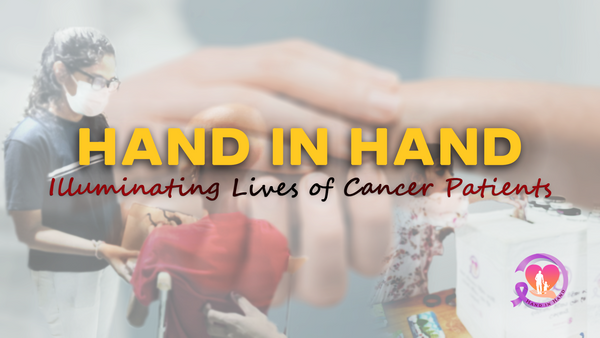Pure Wave
Hello Environmental Lovers and Nature Guardians! Welcome to the introductory post of the blog series focusing on the importance, beauty, and environmental threats that are currently being faced by Lake Bolgoda.
Did you know that Lake Bolgoda is the largest natural freshwater lake in Sri Lanka? It is indeed a breath of fresh air for all undergraduates of University of Moratuwa right in the middle of this concrete jungle called Colombo. The lake spreads across the cities Rathmalana, Kesbewa, Moratuwa, Panadura, Bandaragama, and Kalutara consisting of two major water bodies. It covers an area of 374 square kilometers with partly fresh and brackish water.
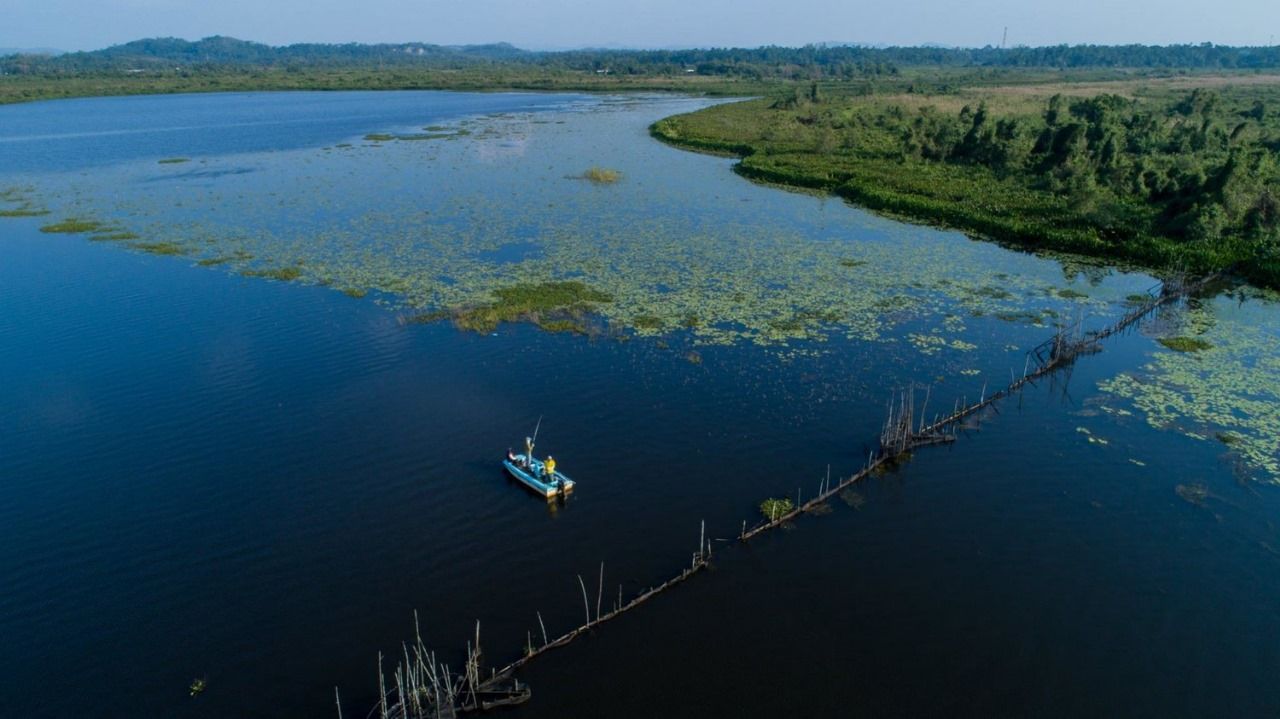
Lake Bolgoda harbors a rich biodiversity including a thriving mangrove habitat filled with a wealth of fauna and flora. The lake and its surrounding wetlands act as a major carbon sink with unique mangrove forests providing homes to several IUCN Red Listed species endemic to Sri Lanka while playing a huge role in flood retention in all associated areas. Most local people rely on the lake Bolgoda for their portable water needs. It is one of the most popular tourist attractions in Colombo with boat riding, bird watching, fishing, and lake view resorts with fresh seafood restaurants. Regardless of being local or foreign, it is the perfect sight for all environmental lovers who wish to connect with nature to feel free and refreshed.
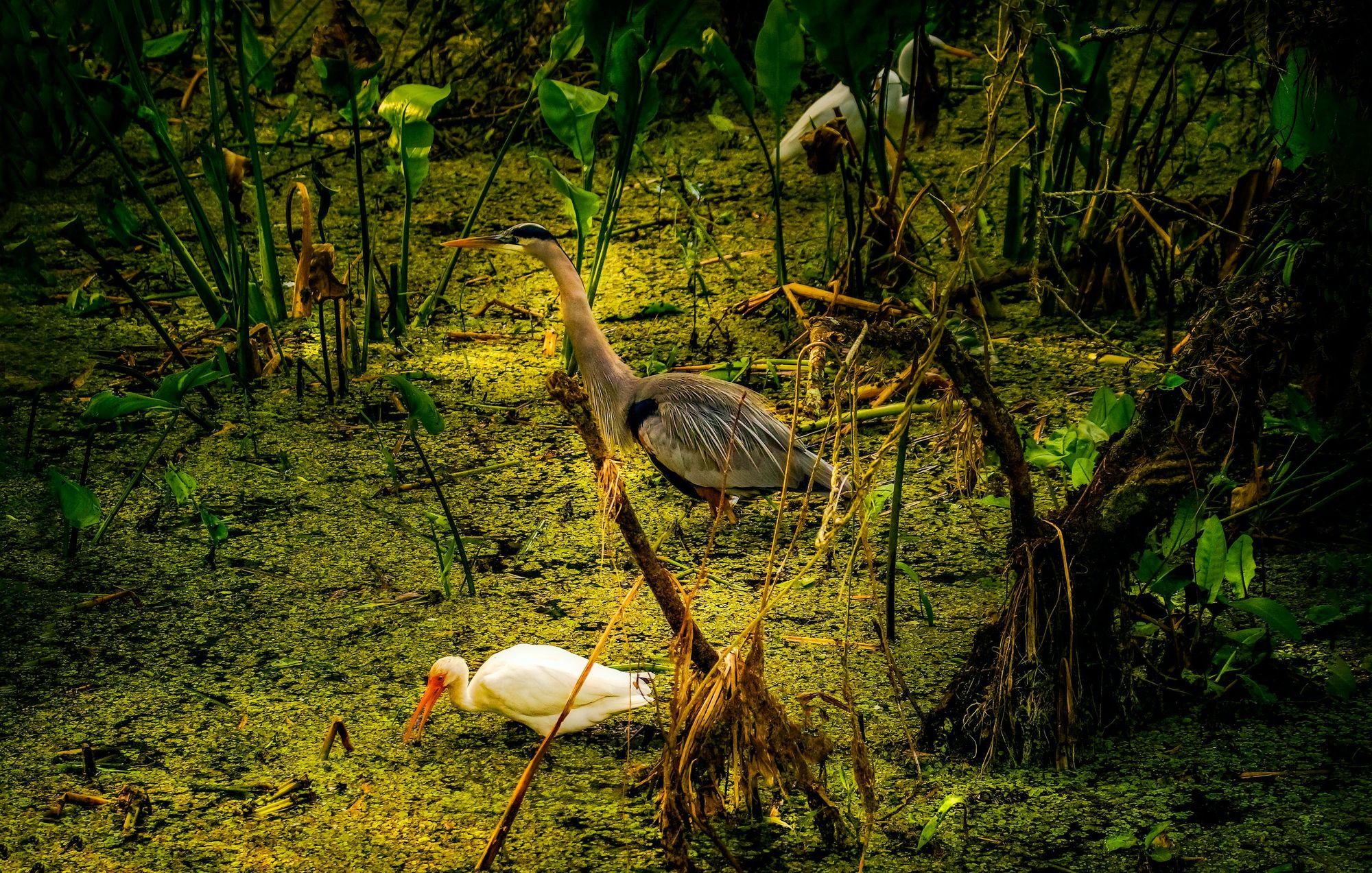

Unfortunately, this magnificent ecosystem is seriously threatened by the huge increase in destructive human activities and the effects of climate change. Overpopulation of Water Hyacinth (Japan Jabara) is the most eye-catching threat of all since sometimes the lake becomes almost invisible and appears to be a playground covered with this invasive plant species. Water-hyacinth blocks waterways and increases boat traffic reduces the flood-controlling ability, and disturbs recreational activities such as fishing, swimming, and bird watching. This exotic pest plant shades out native submersed plant species and can uproot native emergent species, important to wildlife by producing a dense canopy at the water surface.
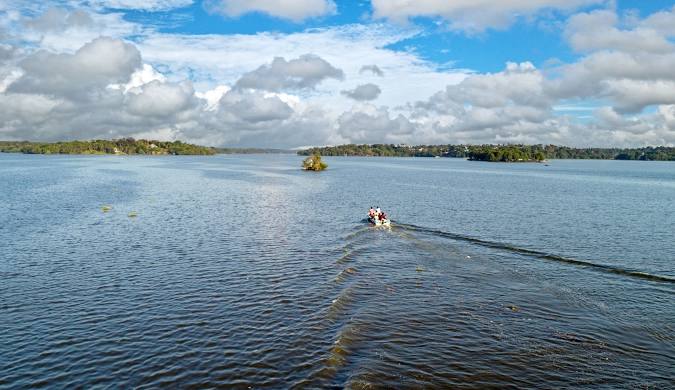
Domestic and industrial wastewater released into the lake gravely affects the livelihood of local people relying on it for drinking water and the survival of many plant and animal species that call the lake “home”. Conversion of mangrove areas for aquaculture purposes such as prawn farms also has resulted in the loss of habitat for various sensitive plants and organisms. Deforestation, habitat destruction due to construction, agriculture, saltpans, and urban development are some other direct threats to this unique ecosystem.
Over the next few months, we will be taking some precautionary steps to conserve Lake Bolgoda and its surrounding ecosystem by investigating solutions for the major issues that were identified such as overpopulation of Water Hyacinth and water pollution. We, undergraduates of University of Moratuwa, feel so lucky to experience the beauty of Lake Bolgoda every day and believe that it’s our duty to raise social awareness regarding the importance of conserving this precious ecosystem for future generations.
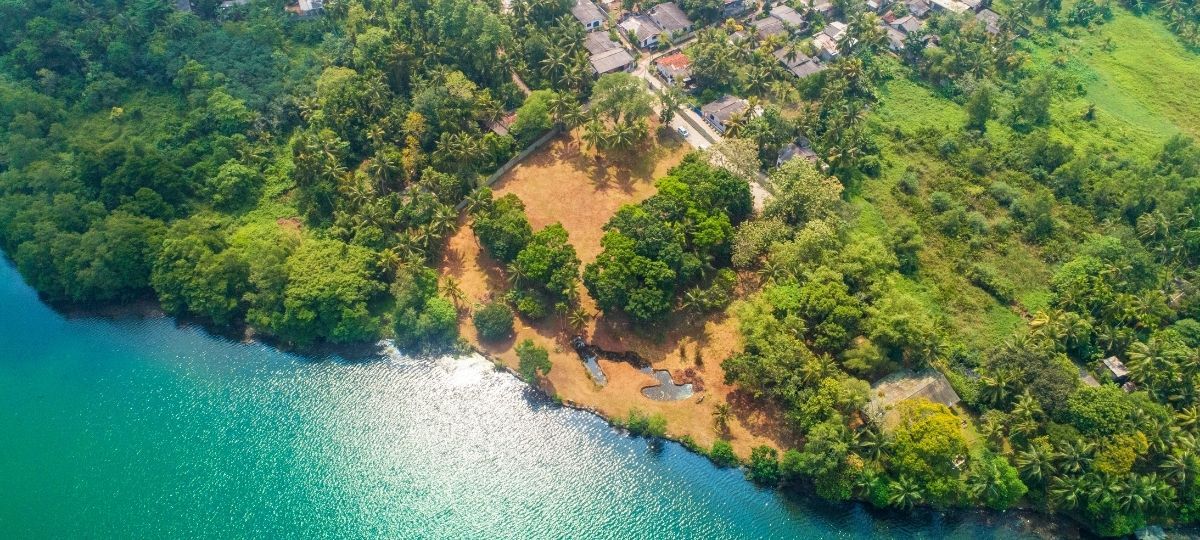
Community involvement in conservation programs will be immensely significant. We spread our hands wide open and invite you to join us in this conservative journey to protect this natural habitat. Educational content regarding Lake Bolgoda will be posted regularly on this platform. We expect you to share these as much as possible by considering it a timely social and environmental responsibility.
It's not just water, it’s life.
Let’s cherish the lakes and defend the ecosystems. Together, we can make an everlasting impact.

